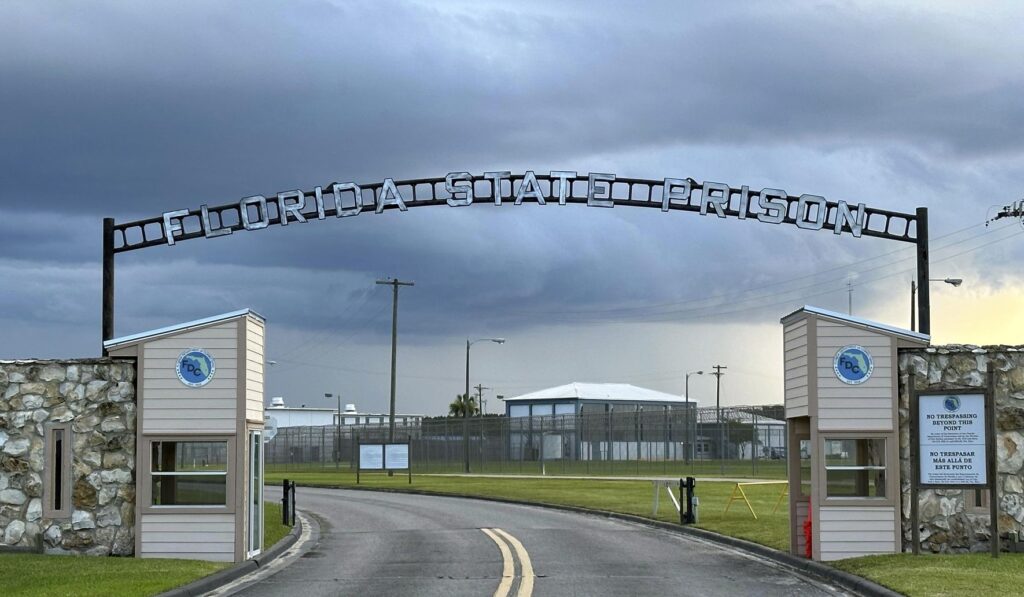A man convicted of fatally stabbing a woman during a home invasion robbery has been scheduled for execution in December after Republican Gov. Ron DeSantis signed a death warrant on Friday, setting the legal process in motion.
The move by Gov. DeSantis puts a firm date on a case that has already gone through trial and conviction. Supporters of strict law and order see the warrant as the state following through on a lawful sentence handed down by a jury. For many, the focus is on accountability for a violent crime that took a life in a home invasion robbery.
The convicted man was found guilty of fatally stabbing a woman during the home invasion, a violent act that shocked the community and prompted a long legal process. That conviction and the subsequent appeals left the court system with a final judgment that now requires enforcement. When a governor signs a death warrant, he is exercising an executive duty to carry out sentences that judicial processes have affirmed.
Republican leaders often argue that the death penalty, when applied after full due process, is part of a functioning justice system that protects citizens. In this view, upholding a jury’s verdict and a lawful sentence is not political grandstanding. It is a necessary step to ensure that violent offenders face the consequences of their actions and that victims’ families have closure where possible.
Critics of capital punishment raise moral and legal objections, and those voices are part of the public discussion. Still, for communities hit by violent crime, there is often a practical call for decisive action that reinforces public safety. The state’s responsibility is to balance those concerns within the bounds of the law while preserving the rights of all involved.
Signing a death warrant is procedural, but it carries heavy symbolism. It signals that the executive branch recognizes the finality of the judicial process in this case and will move forward with the sentence. To many who support stronger penalties for violent offenders, this is an affirmation that law-abiding citizens’ safety matters and that criminal behavior has serious consequences.
The legal path to execution typically includes opportunities for appeals and clemency petitions, which are part of the checks and balances in capital cases. Those mechanisms ensure the state examines the conviction and sentence thoroughly before final steps are taken. Even with those safeguards, a signed warrant means the timeline is now set and the remaining legal avenues must be pursued quickly.
For the victim’s family, the governor’s action can be seen as a step toward resolution, however incomplete that may feel. Families of homicide victims often wait years for a case to run its course, and a scheduled execution can be a painful but definitive moment in a long process. It is understandable that emotions on all sides are raw when the state moves from sentence to enforcement.
On the political side, Republican officials typically frame such decisions as support for victims and respect for the rule of law. They argue that when juries deliver verdicts and sentences, elected leaders have a duty to enforce them, not to let political considerations override judicial outcomes. That message resonates with voters who prioritize public safety and accountability.
Whatever one’s stance on capital punishment, the facts in this case are clear: a conviction for fatally stabbing a woman during a home invasion robbery resulted in a death sentence, and the governor has signed a warrant scheduling execution in December. The legal system will now proceed under that timetable while remaining open to the final legal motions that are part of every capital case.



